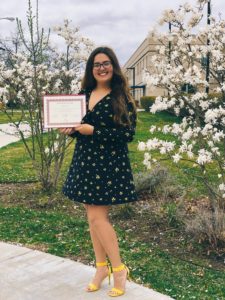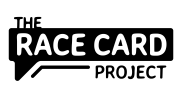Emily Carter,
Needham, MA.
I am un-mistakenly white. I have blonde hair, blue eyes, grew up in a neighbourhood full of other white people, and had teachers who were all white. I have an name that is unmistakably white and very easy to pronounce, yet in a classroom filled with children with difficult sounding, Chinese and Asian names, it was my name not there’s which was always the stumbling block.
I went to school with and was solely friends with 1st or 2nd generation Asian Immigrants. They were elite academic schools, that were 99% people from Asian descent, who had parents who were extremely serious about school, and me. While I was also very serious about school, there were so many bridges that I couldn’t cross, my parents were considerably less strict than most of my friends, all of my friends went to the same academic centres after school, they ate different food, they went to different places, and no one identified with or understood my cultural heritage. I was effectively a minority in a country which was 90% white.
I was raised in Australia, a country that up until the 1970’s had an immigration policy known as the “White Australia Policy” and so, especially in older generations, there is very little racial diversity. and as such many people in my neighbourhood, and the Australia community at large, had deeply negative views of my schools, and my friends, thinking that we were “unnatural” and used methods that were “cheating” at school and on important country-wide tests. My parents often asked me and encouraged me to find friends who I had more in common with or shared my values. I couldn’t bring friends home without having theme endure an onslaught of difficult questions.
I found myself trapped between two worlds. While I knew I had significant advantages being and looking white, I often felt like I wanted to be of an Asian heritage like my friends, so I could fit in. Yet I knew that I had no claim, and no real sense of what Asian heritage actually was, and felt extremely guilty knowing only some of the disadvantages that my friends faced. When I moved to the United States to study, and found myself for the first time surrounded by white people, I found that I identified very little with my own heritage, and fit in even less. Even though it should be simple, I still don’t know what to define my race as.






